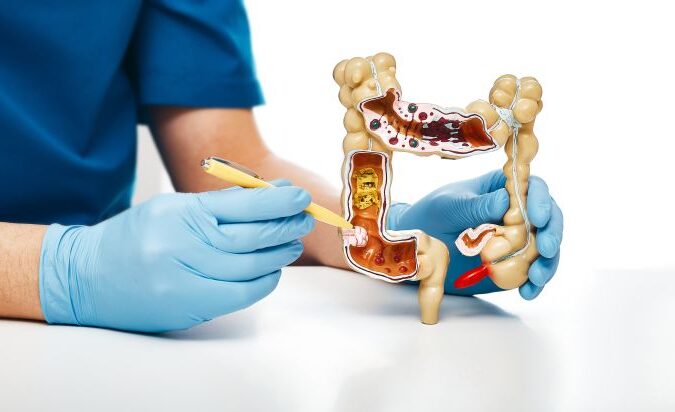BTN News: Colon cancer, traditionally seen as a disease affecting older adults, is now showing a surprising and alarming increase among younger individuals. Recent data reveals a 50% surge in colon cancer cases among people in their 20s, 30s, and 40s, raising pressing questions about the underlying causes. While obesity and junk food consumption are commonly linked to cancer risks, this explanation seems overly simplistic given the number of healthy, fit individuals who are also being diagnosed. Experts worldwide are now searching for answers to this complex health puzzle.
Why Are More Young Adults Developing Colon Cancer?
For decades, colon cancer has been considered a disease primarily affecting older adults. However, official data shows a 52% increase in colon cancer rates among individuals aged 25 to 49 since the early 1990s. In stark contrast, the rates for older groups have remained stable or even declined during the same period. This unexpected trend suggests that there may be factors beyond the traditionally recognized risks of aging and diet.
A Rising Concern Among the Healthy and Fit
The increase in cases is not limited to those with unhealthy lifestyles. Molly Guinness, a former BBC Radio 4 producer, exemplifies this disturbing trend. Diagnosed with colon cancer at 39, Molly maintains a healthy weight and an active lifestyle. “I’m one of five young people I know who were diagnosed with colon cancer last year,” she explains in a video circulating online. “We are all slim and lead healthy lives. When I look around the waiting room at the colorectal clinic, everyone has a healthy BMI.”
Experts Question Simple Explanations
Leading oncologists agree that there’s more to this story than meets the eye. Dr. Karol Sikora, a globally renowned oncologist with over 40 years of experience, argues that blaming junk food alone oversimplifies the issue. “It’s not just about obesity,” Sikora says. “There are no differences in early-onset cancer rates between vegetarians and non-vegetarians, which adds to the mystery.”
The Role of the Microbiome in Colon Cancer
Some experts suspect that changes in the gut microbiome may be contributing to this rise in colon cancer cases among young adults. “A healthy microbiome is crucial for preventing intestinal cancer,” Sikora notes. “Intestinal cells are constantly exposed to the products produced by bacteria, so it’s not surprising that some changes could result in a higher incidence of colon cancer.”
Are Processed Foods and Sugar to Blame?
A recent study in Singapore has highlighted the role of metylglyoxal, a compound released when the body breaks down sugary and fatty foods. This compound may affect genes responsible for fighting tumors, suggesting a potential link between diet and early-onset colon cancer. However, many experts, including Sikora, caution against drawing conclusions too quickly. “While ultra-processed foods could be a risk factor, blaming them alone would be overly simplistic.”
Addressing a New Public Health Challenge
Dr. Hendrik-Tobias Arkenau from HCA Healthcare in London emphasizes the urgency of early detection. “The rise in colon cancer among young adults is a serious concern,” he says. “If someone reports symptoms like weight loss, blood in the stool, or abdominal pain, it shouldn’t always be dismissed as irritable bowel syndrome. Telling patients to come back in three months for a check-up is often too late.”
What Can Be Done? Early Detection and Prevention Are Key
With colon cancer now the third most commonly diagnosed cancer in both men and women in the United States, experts urge increased awareness and timely medical attention. In 2024, the American Cancer Society projects a significant number of new cases, highlighting the need for public education, regular screenings, and research into the causes of early-onset colon cancer.
Key Takeaways: Staying Informed and Proactive
As experts continue to investigate the unexpected rise in colon cancer among young adults, one thing is clear: a healthy lifestyle alone may not be enough. Awareness, early detection, and medical vigilance remain crucial in addressing this growing health crisis. Understanding the complexities of factors such as diet, genetics, and gut health could be vital in turning the tide against this disease.
Conclusion: A Call to Action for Patients and Providers
The mystery behind the rise in colon cancer cases among young adults remains unsolved, but ongoing research offers hope for new answers. As public health experts continue to explore the multifaceted causes, individuals are encouraged to pay attention to their health and seek medical advice at the first sign of unusual symptoms.


